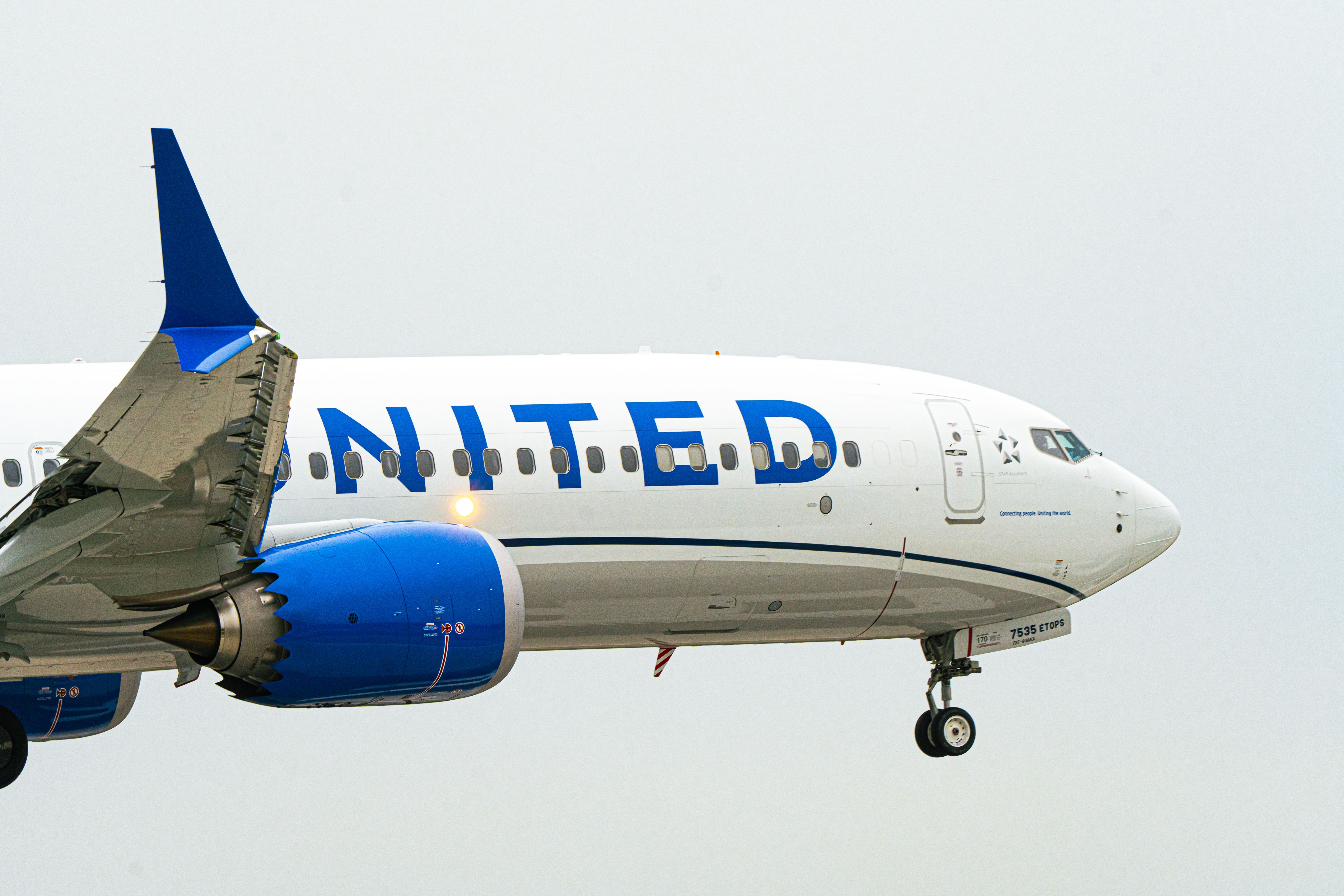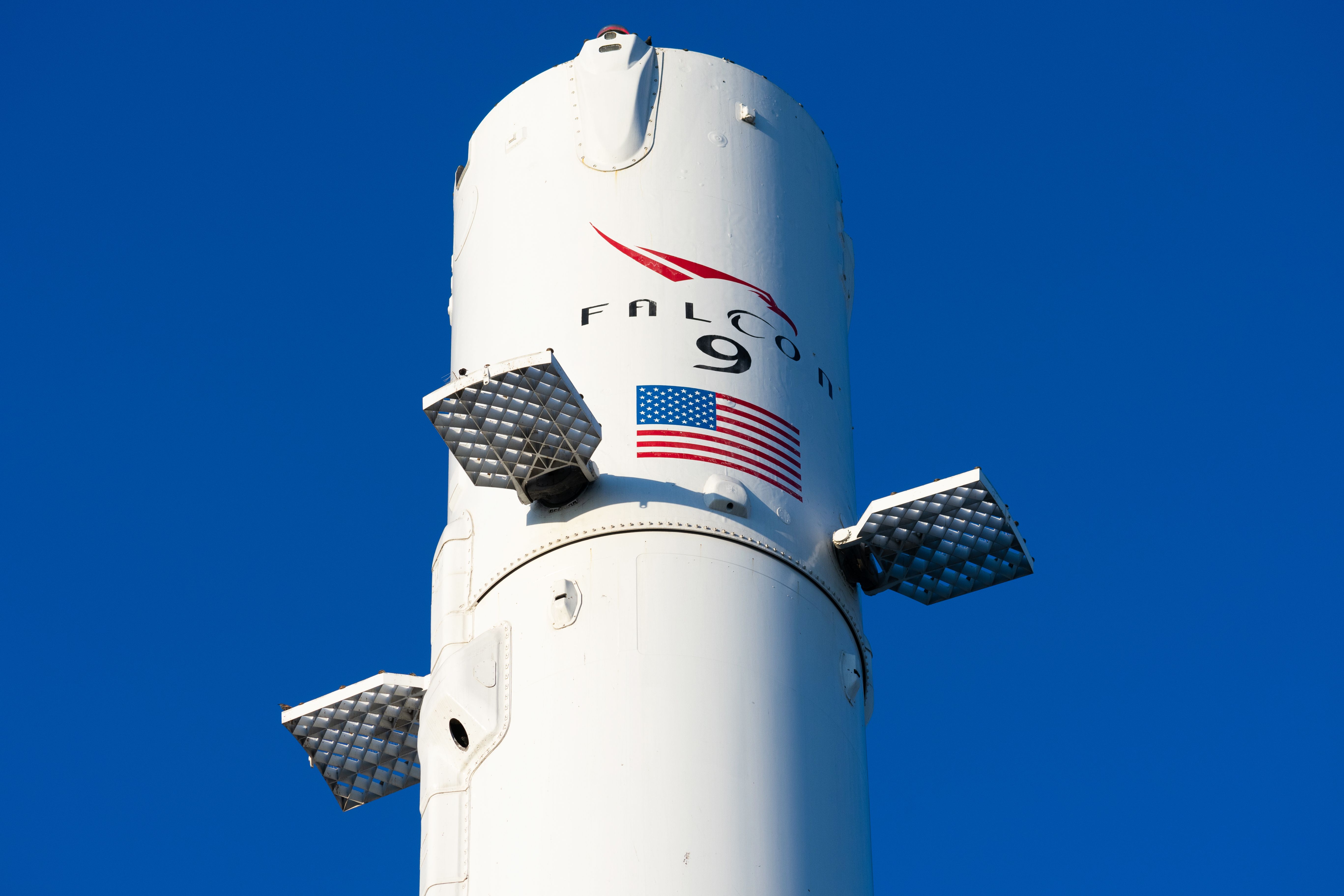Summary
- SpaceX Falcon 9 grounded by FAA after engine failure during Starlink satellite mission.
- Company tries to save some satellites with ion thruster software update.
- Industry insiders optimistic that ground stop will be short-lived due to SpaceX's overall successful launches.
The Federal Aviation Administration (FAA) has grounded SpaceX's Falcon 9 rocket after it failed during a mission on Thursday. The ground stop could last months depending on the progress of an investigation, although the Falcon 9s strong track record will likely work in its favor.
FAA grounds SpaceX Falcon 9
On Thursday evening, Falcon 9 launched from Vandenberg Space Force Base in California carrying a payload of 20 Starlink satellites. However, following a successful first phase of launch, the rocket's second-stage engine failed to fire up during the second phase. This has effectively doomed the 20 Starlink satellites as they did not reach a sufficient level of orbit, meaning they are being pulled in by Earth's gravity and will eventually enter the atmosphere and burn up.
This represents the first time in almost eight years since the SpaceX Falcon 9 - which has completed over 360 successful launches - has failed. In September 2016, a Falcon 9 was destroyed after blowing up during a fueling test, while another airframe broke apart just minutes after launching in June 2015.
However, the rocket only has one catastrophic failure to its name (the June 2015 accident), becoming the leading choice for launching satellites (and sometimes people) into space - in fact, of the 50 launches from the US 'Space Coast' this year, 46 have been Falcon 9s. At this stage, industry insiders are optimistic that the ground stop will last a matter of weeks given the company's track record.
Possible oxygen leak
The FAA says the Falcon 9 will not be allowed to launch until SpaceX has fixed the problem, adding that the agency will be involved in "every step" of the investigation. The FAA said,
"The FAA is aware an anomaly occurred during the SpaceX Starlink Group 9-3 mission that launched from Vandenberg space force base in California on July 11. The incident involved the failure of the upper stage rocket while it was in space. No public injuries or public property damage have been reported. The FAA is requiring an investigation."
SpaceX is investigating the cause of the failure and has given an early indication that it was due to a liquid oxygen leak. The ground stop could jeopardize launches scheduled for the near future, such as the crewed Polaris Dawn mission in July and a NASA mission to resupply the International Space Station (ISS) in August.
Last-ditch attempt
SpaceX is making an effort to save some of the Starlink satellites by essentially overclocking their ion thrusters, enabling them to climb to a higher orbit. It says it has contacted ten satellites and is in the process of sending a software update - however, SpaceX founder Elon Musk said the attempt "will probably not work, but it's worth a shot."

SpaceX To Test Starlink's Satellite-To-Cell Capabilities With T-Mobile This Year
The speeds are already fast enough for video calls, will phone calls be the next step?
A SpaceX statement added,
"This event is a reminder of how technically challenging spaceflight is. To date, we have completed 364 successful Falcon launches — safely carrying astronauts, customer payloads and thousands of Starlink satellites to orbit — making the Falcon family of rockets one of the most reliable in the world."
https://news.google.com/rss/articles/CBMiPWh0dHBzOi8vc2ltcGxlZmx5aW5nLmNvbS9mYWEtZ3JvdW5kcy1zcGFjZXgtZmFsY29uLTktcm9ja2V0cy_SAQA?oc=5
2024-07-13 13:56:00Z
CBMiPWh0dHBzOi8vc2ltcGxlZmx5aW5nLmNvbS9mYWEtZ3JvdW5kcy1zcGFjZXgtZmFsY29uLTktcm9ja2V0cy_SAQA

Tidak ada komentar:
Posting Komentar